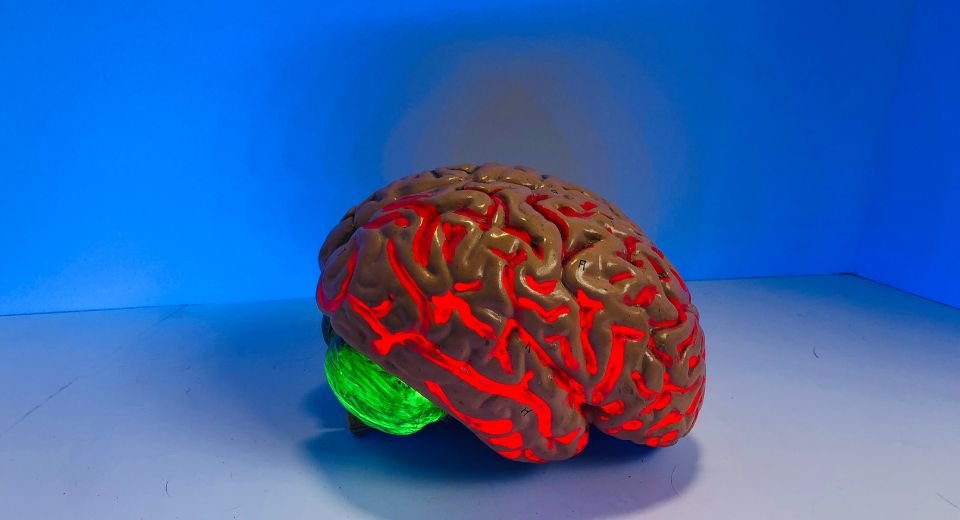HQ Team
April 18, 2024: The Food and Drug Administration (FDA) has cleared Abbot’s i-STAT TBI cartridge for rapid assessment of mild traumatic brain injury (mTBI) or concussion.
Previously, tests for the assessment of traumatic brain injury (TBI) were only cleared for use with plasma or serum, necessitating samples to be sent to a laboratory for processing and testing. However, with this new clearance, clinicians can perform testing in a wide range of healthcare settings, including on the sidelines of sporting events, emergency rooms, or conflict zones. The results can help rule out the need for a CT scan if no sign of injury is detected, saving patients time, money, and radiation exposure.
Most people overlook or ignore concussions and never get it checked, according to Concussion Awareness Now. There were an estimated average of 190 TBI-related deaths a day in the United States in 2021.
“For the first time ever, we have a blood test that gives objective evidence of whether a patient has injured his or her brain,” said David Okonkwo, MD, PhD, director of the Neurotrauma Clinical Trials Center at the University of Pittsburgh and clinical core leader at Transforming Research and Clinical Knowledge in Traumatic Brain Injury (TRACK-TBI), the research group that developed the i-STAT technology.
“One of our biggest challenges in evaluating and treating patients with concussions and traumatic brain injuries is getting the diagnosis correct and identifying the people who are at risk for serious consequences as fast as possible,” Okonkwo added. “These blood tests are the most powerful tools ever for just those purposes.”
Biomarkers
The i-STAT TBI cartridge facilitates the evaluation of patients aged 18 and older by measuring two biomarkers from the brain – ubiquitin C-terminal hydrolase L1 (UCH-L1) and glial fibrillary acidic protein (GFAP) – in whole blood samples, clinicians can obtain crucial insights into a patient’s condition, potentially ruling out the need for a CT scan and guiding appropriate treatment decisions.
Beth McQuiston, M.D., medical director in Abbott’s diagnostics business, highlighted the need for objective assessments in concussion management. “Clinicians have needed an objective way to assess patients with concussions,” said Dr. McQuiston. “Now, we have a whole blood test that can help assess the brain right at the patient’s bedside – expanding access to more health providers and therefore patients.”
This FDA clearance represents a significant step forward in extending the device’s use to non-healthcare settings and a broader population, including teens and pediatrics.
The test can’t yet tell scientists about the severity of a person’s head trauma, but Okonkwo said that he has seen convincing evidence that higher levels of GFAP and UCH-L1 indicate more severe head trauma.
Abbott’s FDA-cleared i-STAT TBI cartridge could revolutionize the management of mild traumatic brain injuries.





